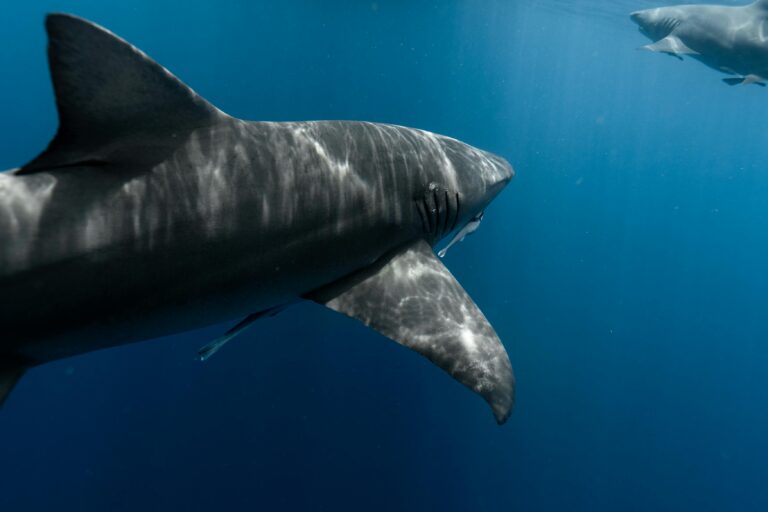By Courtney Cooper
How Shark Cage Diving Boosts Local Tourism
Coastal areas across the globe now offer shark cage diving as a must-do adventure tourist experience. Coastal regions from New Zealand, as well as South Africa and Australia, attract thrill seekers who want to see one of the ocean’s top predators up close. Not only does this type of tourism give visitors an experience they won’t soon forget, but it also helps local economies tremendously by boosting expenditure on hotels and services, creating jobs, and improving infrastructure.
Here is how shark cage diving boosts local tourism.
We also discuss further shark facts that you might be interested in! Apex Shark Expeditions provides the best great white shark cage diving in Cape Town.

A Worldwide View
The economic benefits of encouraging sustainable shark tourism, which involves cage diving, have been acknowledged by countries such as South Africa, Australia, and the US. To keep shark populations safe, operators collaborate with conservation groups, so the industry can expand without harming the environment.
Take the Neptune Islands in Australia as an example; they get thousands of visitors every year, which means millions of dollars in revenue which is great for business. Shark cage diving may seem like a crazy thing to do, but it’s becoming more popular as a tourist attraction in many coastal regions across the world.
Case Study: Gansbaai, Western Cape, South Africa
A notable example of shark cage diving’s economic impact can be seen in Gansbaai, Western Cape, South Africa. Gansbaai is one of the world’s top destinations for shark cage diving The town has become a hub for international tourists seeking adventure, and as a result, the local economy has benefited significantly.
A study titled The Contribution of Shark Cage Diving Tourism to Coastal Economies: A Case Study of a Coastal Town in the Western Cape, South Africa (September 2020) highlighted the importance of this activity to the area’s economic well-being. Coastal and Marine Tourism (CMT) attracts many visitors to South Africa due to its long coastline and diverse marine life, yet shark cage diving stands out as a major draw, especially in Gansbaai.

Visitor Profile and Economic Impact
The study found that most visitors participating in shark cage diving in Gansbaai are international tourists. These visitors typically have a higher disposable income and are willing to spend on high-end experiences. Despite the influx of international visitors, the study revealed that most are day visitors, which limits their spending in the local area.
Encouraging Domestic Participation
The research also showed that shark cage diving in Gansbaai is a significant factor for international tourists when deciding to visit South Africa, but it holds less appeal for domestic tourists. To address this, the study recommended developing more diverse marine-based offerings in Gansbaai and introducing package tours and discounted prices to attract the domestic market. By creating more inclusive and appealing activities, Gansbaai could potentially increase local spending and further boost the local economy.
Socioeconomic Benefits
Despite some challenges, shark cage diving in Gansbaai provides substantial socioeconomic benefits. The industry supports local employment, with tour operators, boat crews, hospitality staff, and service providers all relying on the influx of tourists.
Increased awareness around marine conservation has also led to further opportunities in research and education, adding a non-economic value that is crucial for long-term environmental sustainability.
We also share insight into the do’s and don’ts of shark encounters.




